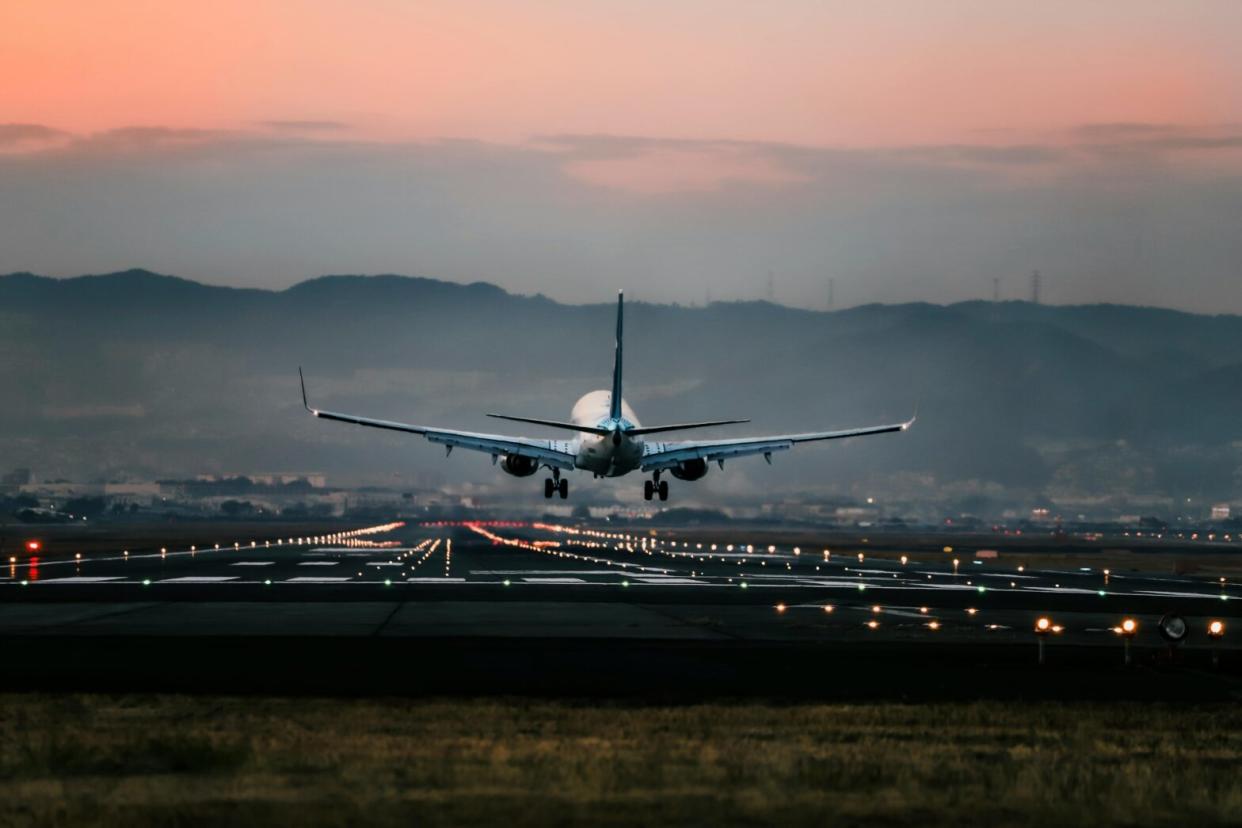Biden Administration Faces Lawsuit From Major Airlines Over ‘Junk Fees’

In a significant development within the aviation industry, major U.S. airlines have filed a lawsuit against the Department of Transportation (DOT) over its “junk fees” rule. This rule, intended to address concerns about transparency in airline pricing, has sparked controversy among industry stakeholders. Airlines argue that the regulation represents regulatory overreach and could potentially lead to greater confusion for consumers.
“DOT’s attempt to regulate private business operations in a thriving marketplace is beyond its authority,” Airlines for America said in a statement. “DOT has failed to establish that consumers are unable to obtain information about ancillary fees.”
The Controversial “Junk Fees” Rule
The DOT’s “junk fees” rule, officially known as the Transparency of Airline Ancillary Fees and Other Consumer Protection Issues Final Rule, aims to enhance transparency in airline pricing by requiring carriers to disclose fees for optional services at the point of sale. These fees, often referred to as ancillary fees, encompass charges for services such as checked baggage, seat selection, and onboard amenities. The rule mandates that airlines provide clear and upfront information about these fees to consumers during the booking process, thereby enabling passengers to make more informed decisions about their travel expenses.
Airlines’ Argument Against the Regulation
Despite its purported goal of transparency, major U.S. airlines have voiced strong opposition to the “junk fees” rule, contending that it constitutes regulatory overreach by the DOT. According to the airlines, the rule imposes unnecessary burdens and constraints on carriers, potentially stifling innovation and competition within the industry. Moreover, airlines assert that compliance with the regulation would entail significant operational costs, which could ultimately be passed on to consumers through higher ticket prices. Additionally, airlines raise concerns about the potential for the rule to create confusion among travelers, as the disclosure requirements may vary across distribution channels and platforms.
Implications for Consumers and the Industry
The outcome of the legal dispute between major U.S. airlines and the DOT holds significant implications for consumers and the aviation industry. Proponents of the “junk fees” rule argue that enhanced transparency regarding ancillary fees empowers passengers to make more informed choices and promotes fair competition among airlines. By providing upfront disclosure of fees, consumers can better anticipate their total travel costs and avoid unexpected charges. However, opponents of the regulation, including airlines, warn that stringent compliance requirements could result in unintended consequences, such as increased complexity and higher prices for air travel.
Furthermore, the legal battle underscores broader debates surrounding the appropriate balance between government regulation and industry autonomy within the aviation sector. As airlines seek to navigate the challenges still posed by COVID-19 and evolving consumer preferences, regulatory policies that impact pricing and transparency are subject to heightened scrutiny. Ultimately, the resolution of the lawsuit will shape the future landscape of airline pricing and consumer protections, shaping the experiences of millions of travelers who rely on air transportation for business and leisure purposes.
Navigating Regulatory Challenges in Aviation
The lawsuit filed by major U.S. airlines against the DOT’s “junk fees” rule exemplifies the complex interplay between regulatory oversight and industry interests within the aviation sector. While the pursuit of transparency and consumer protections remains a paramount goal, achieving consensus on the most effective regulatory mechanisms poses formidable challenges. As stakeholders continue to debate the merits of the rule, the ultimate impact on consumers and the industry at large remains uncertain. In an era of unprecedented change and uncertainty, navigating the regulatory landscape will require ongoing collaboration and dialogue among airlines, government agencies, and consumer advocacy groups.
